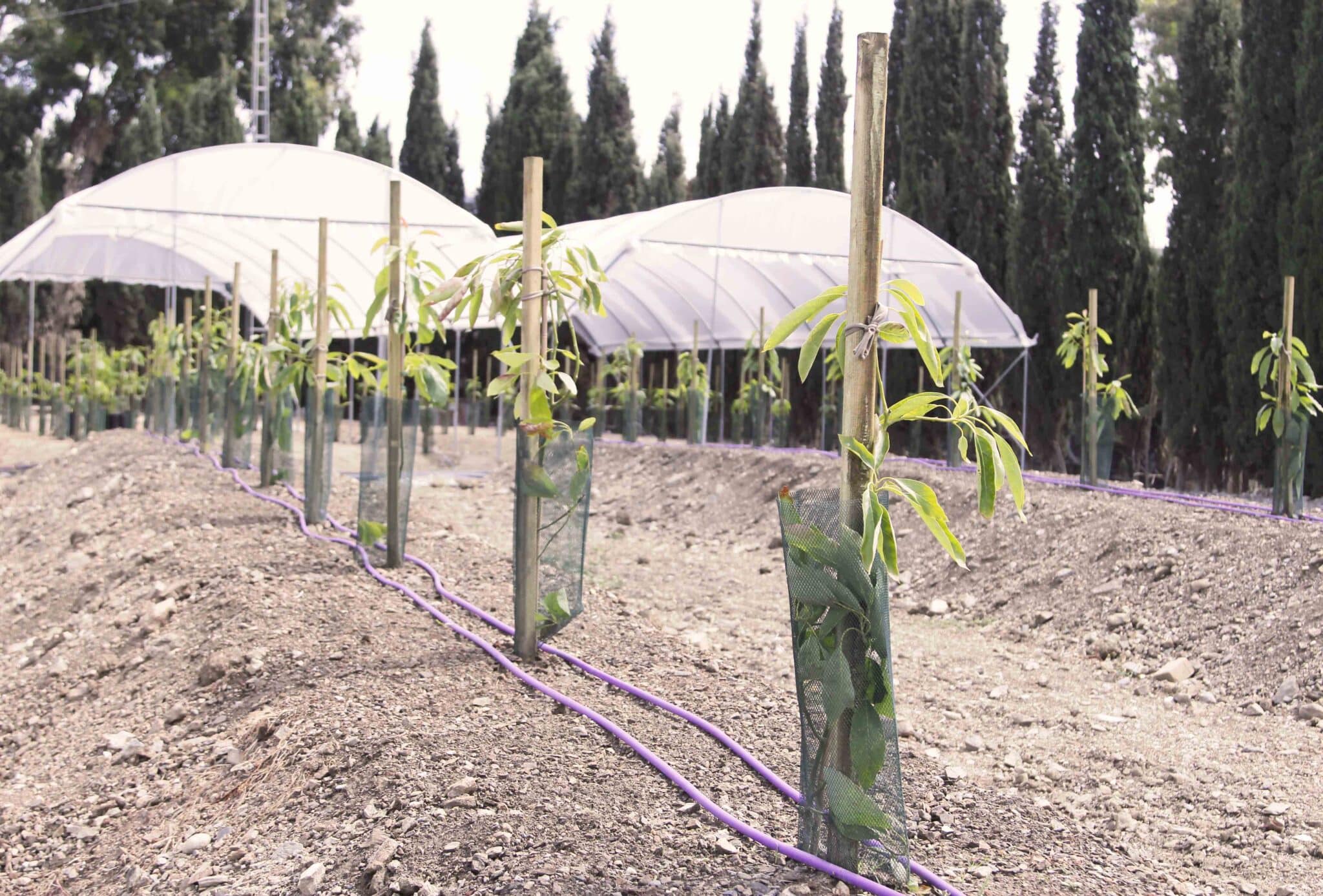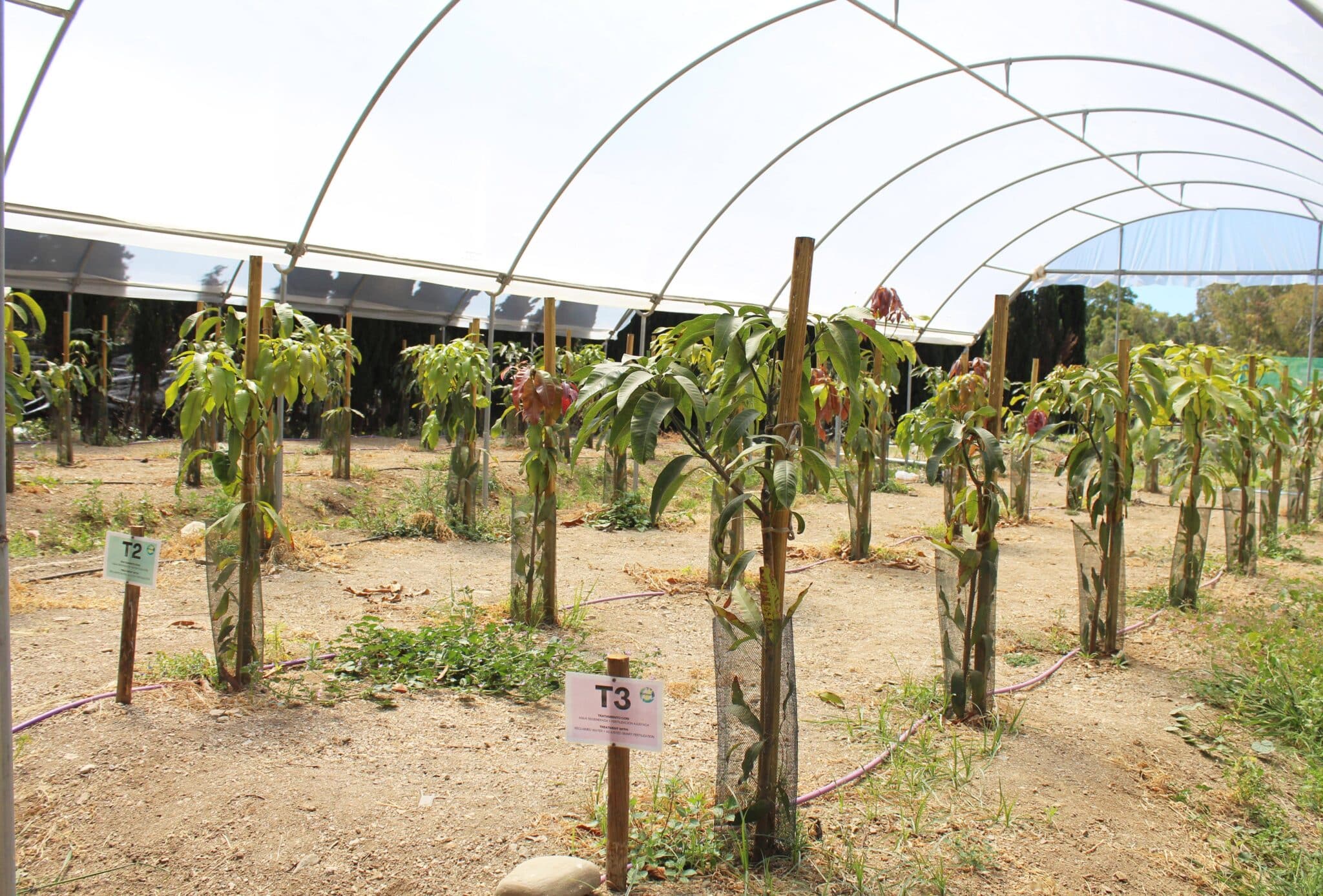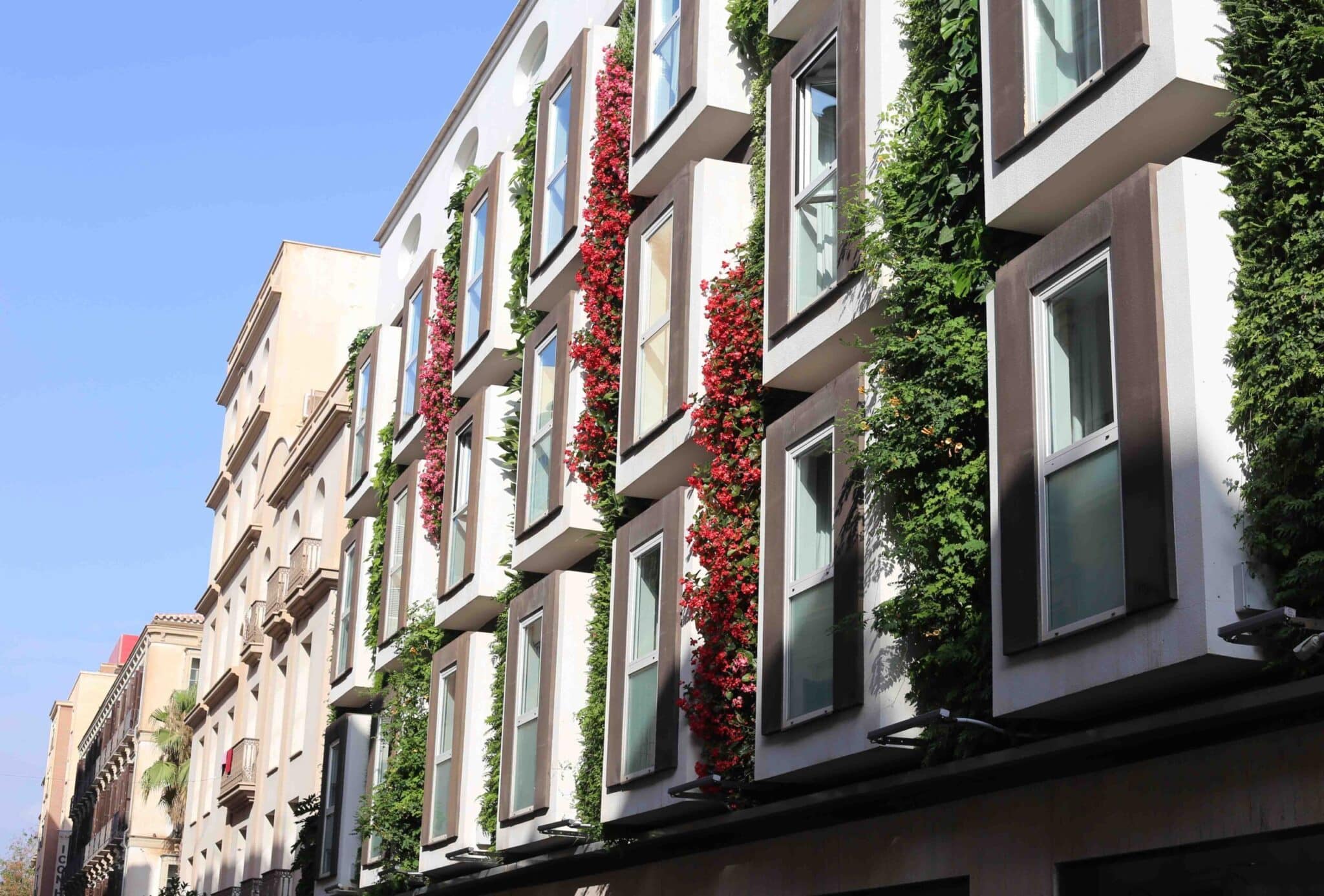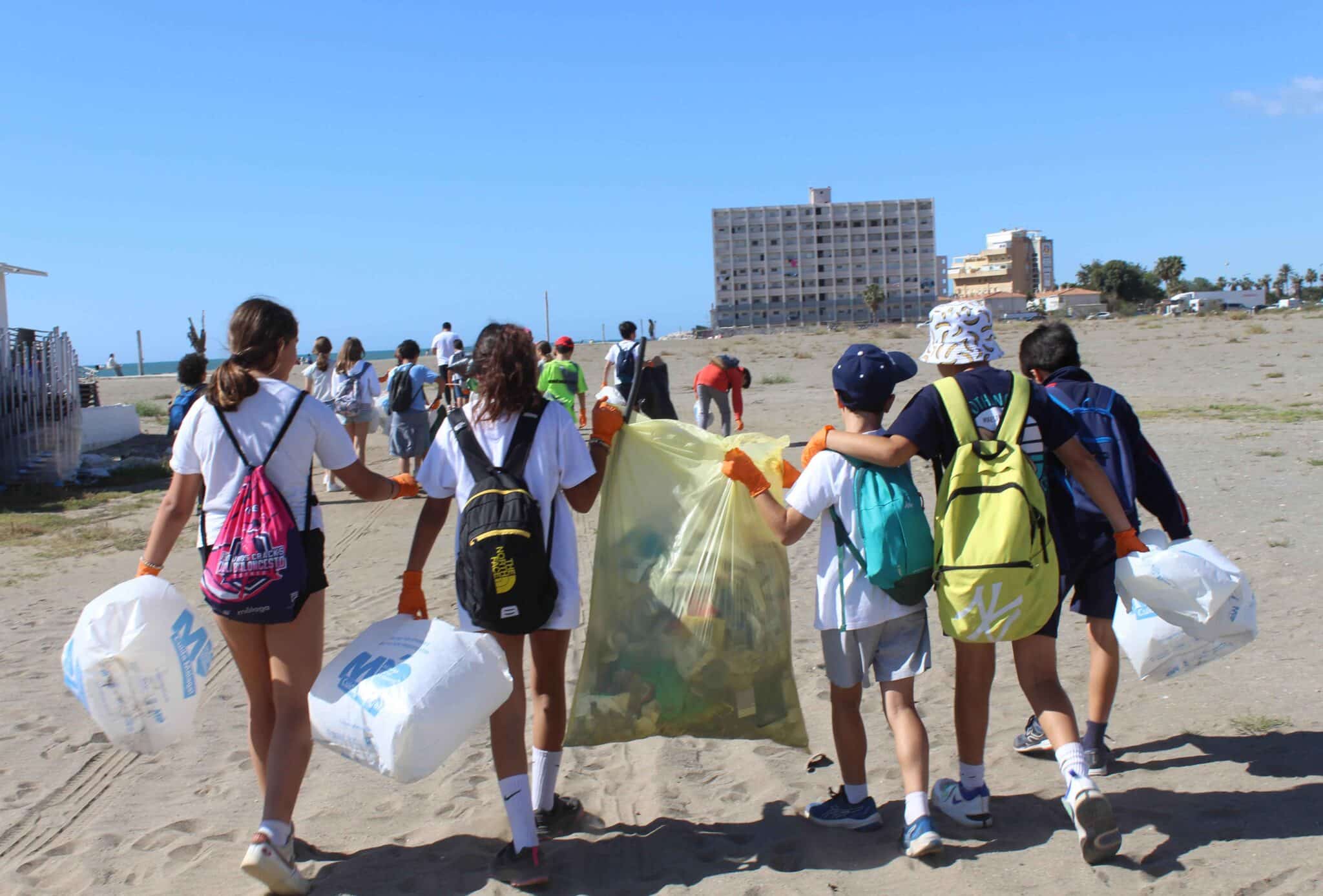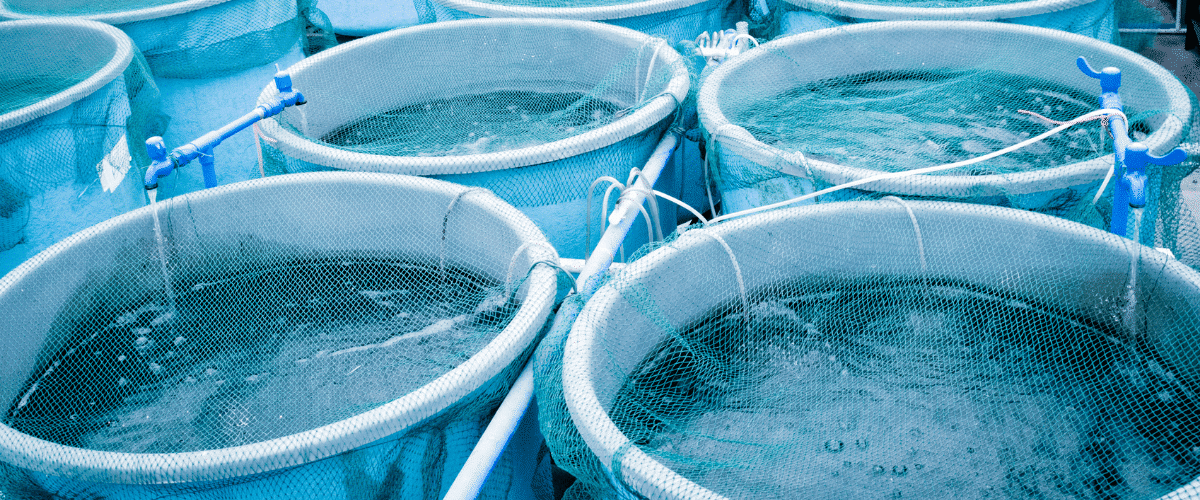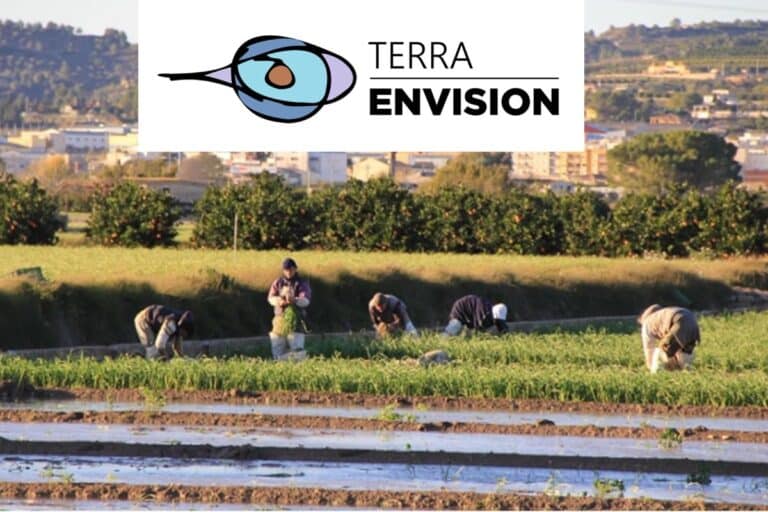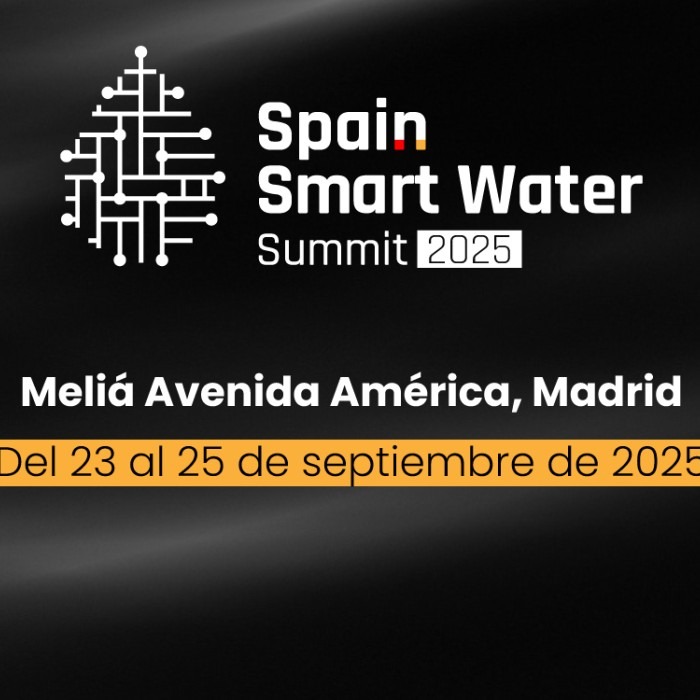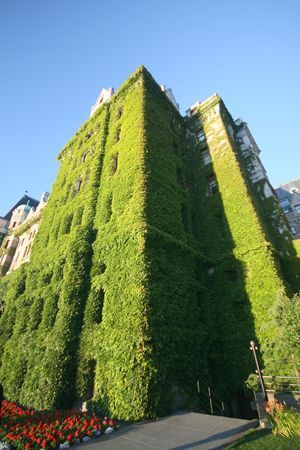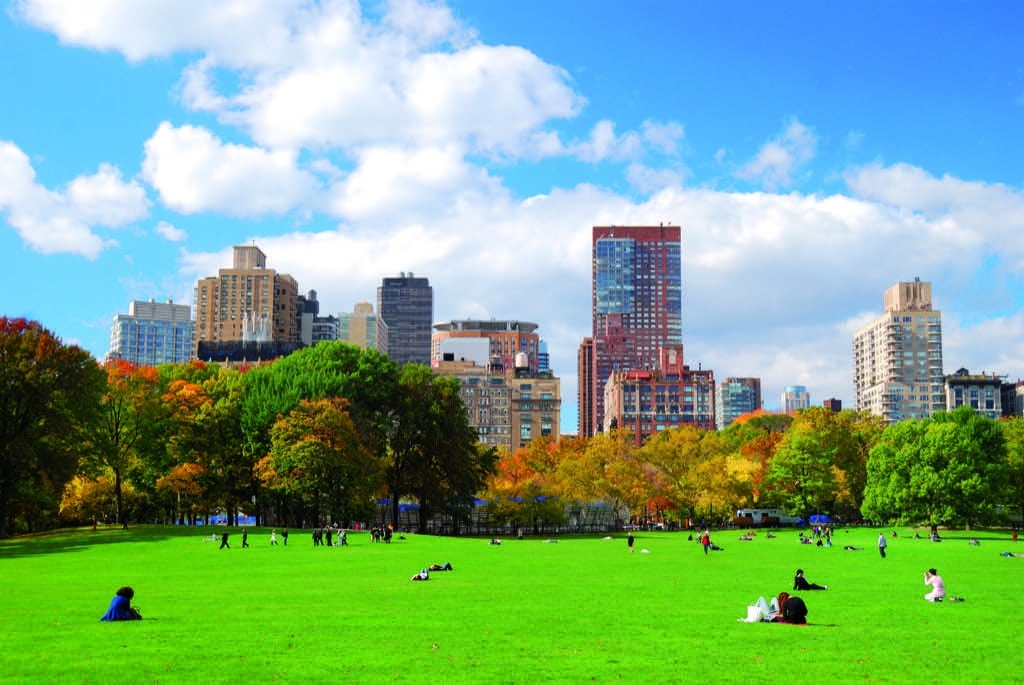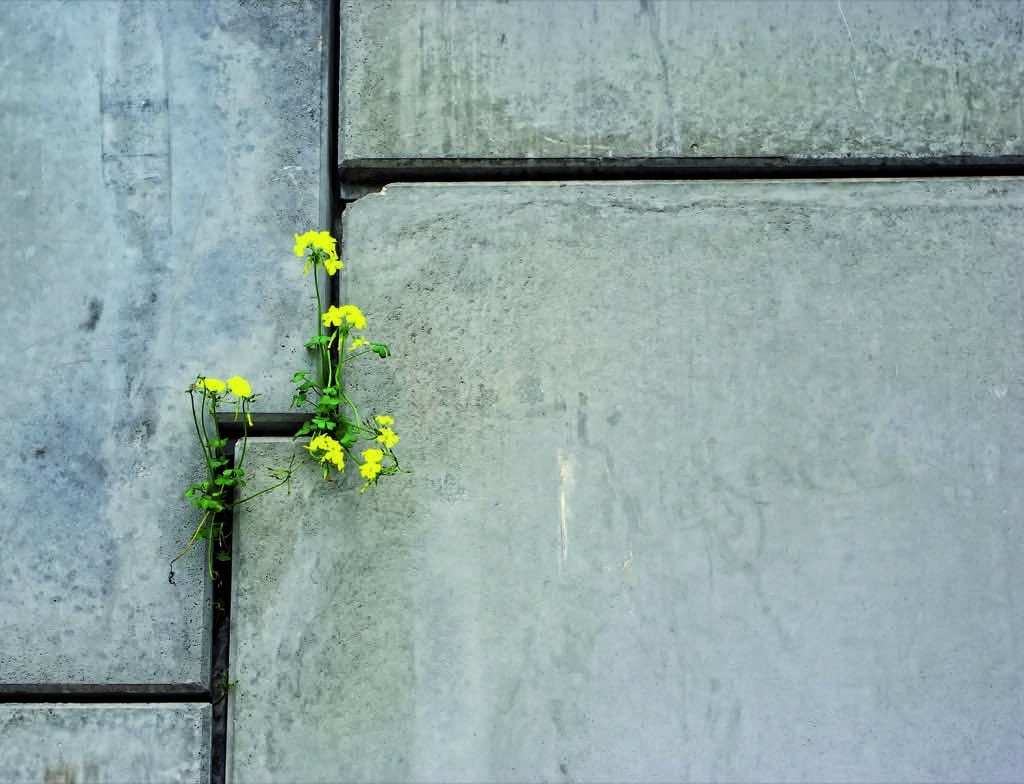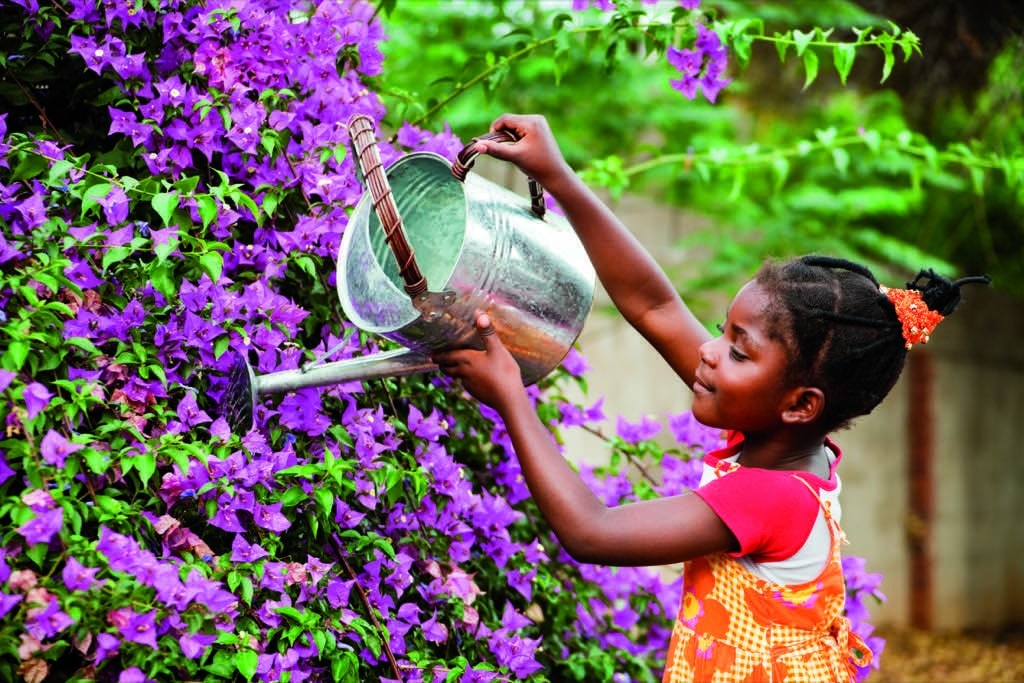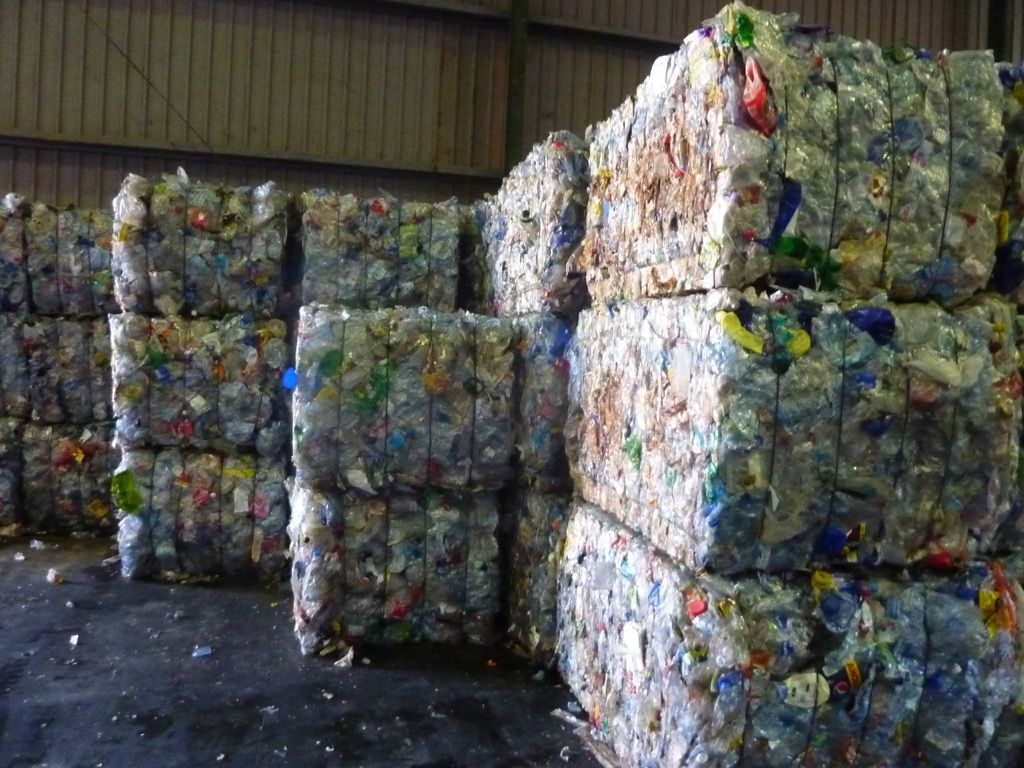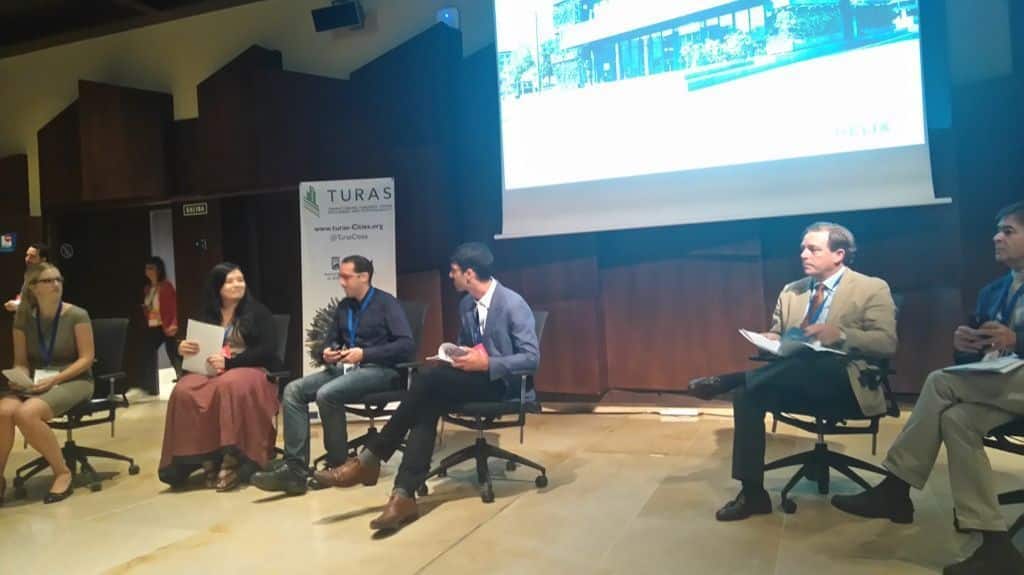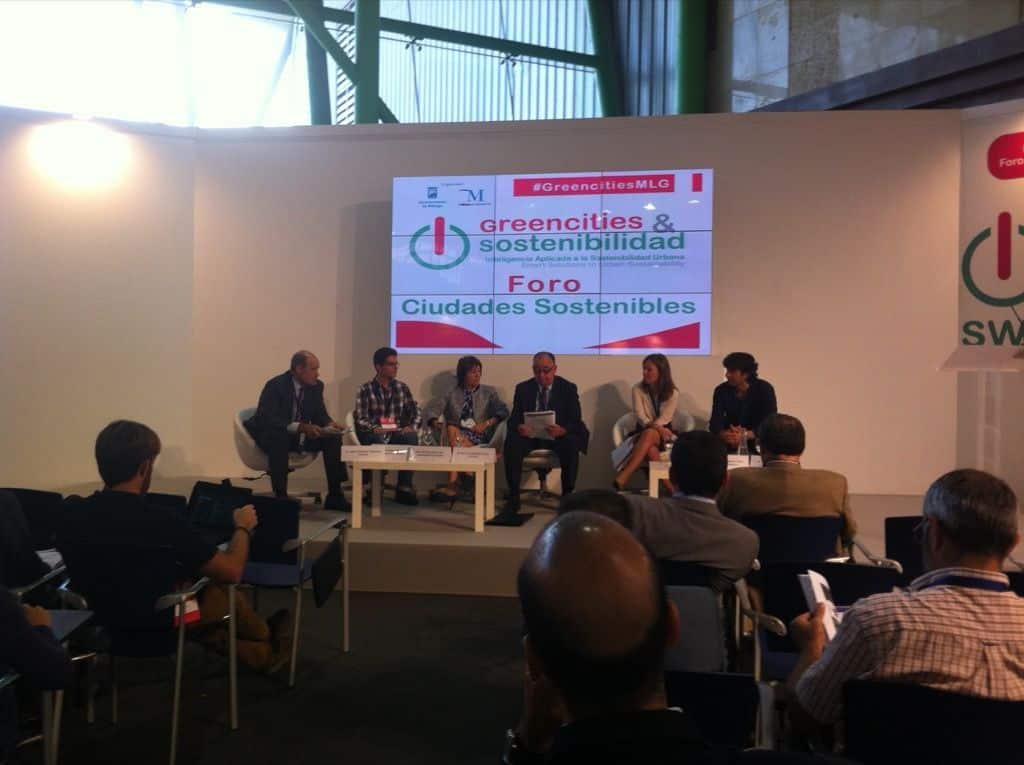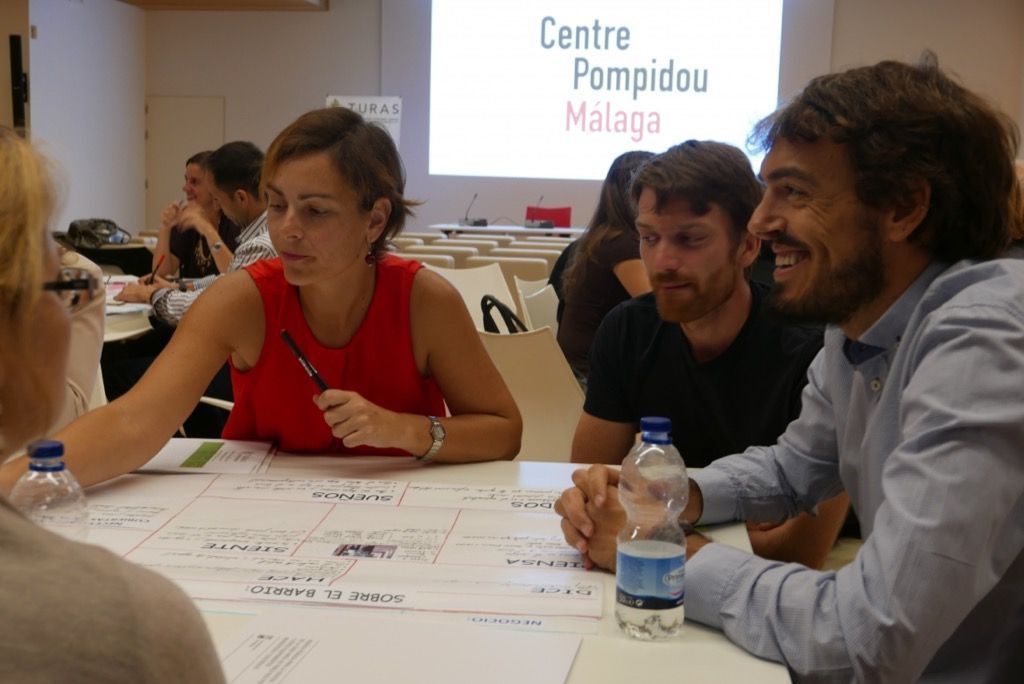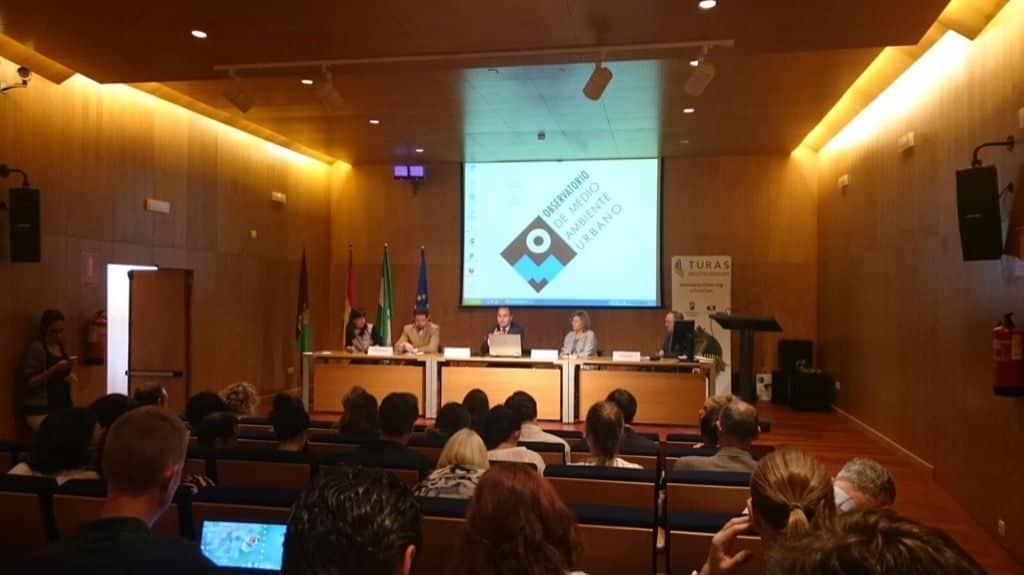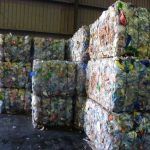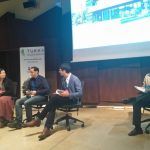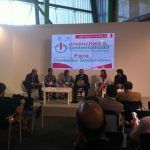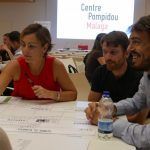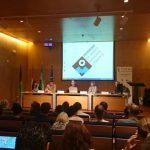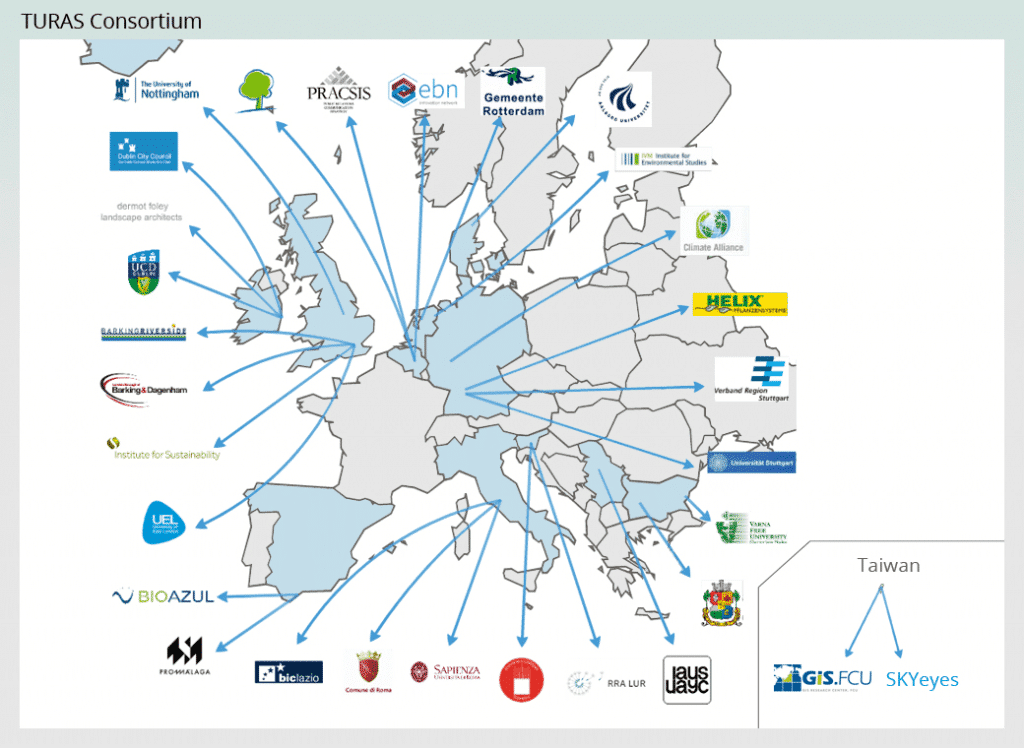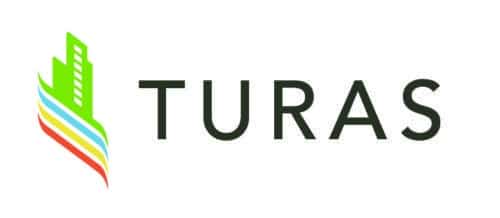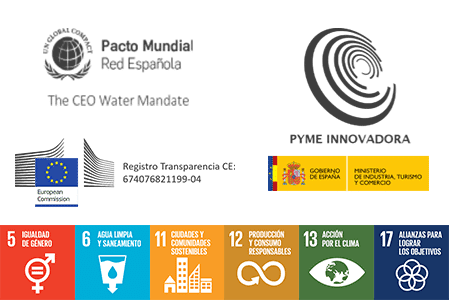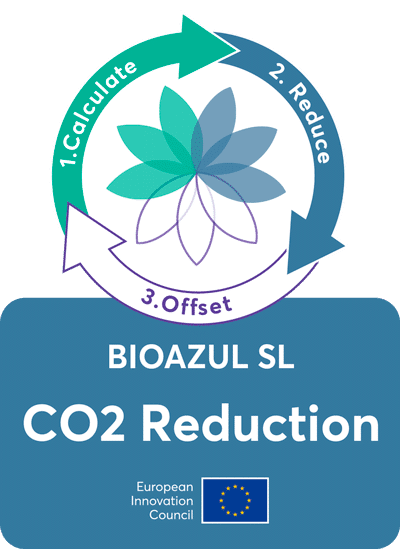Project partners developed, shared and tested new ideas to build urban resilience. The consortium created various planning tools, documented case studies including experiments in urban green spaces, and defined adaptive management mechanisms. In total, eighty-five solutions were presented, falling into four categories: tools, integrated transition projects, pilot initiatives and environment-based strategies. The focus was on adaptation to climate change, migration, the creation of environmentally friendly infrastructure and urban growth.
TURAS tools were combined, adapted, implemented and tested in ten selected urban areas. These included the implementation of an interactive platform for sharing resources at the local level, the use of smart grids for energy and resources to promote the sustainability and resilience of communities. To make cities more environmentally friendly and reduce the level of abandonment, solutions based on the use of natural elements were included for buildings located in urban hot spots, the reuse of old buildings and nurseries for peri-urban agriculture.
The pilot initiatives consisted of exemplary projects that were implemented in participating urban areas in different European countries – Bulgaria, Spain, Germany, the Netherlands, Slovenia and the United Kingdom – covering a wide range of issues: from riverbank design and management in Barking (United Kingdom) to the identification of community resources in Dublin (Ireland).
Localized energy programs, organic waste management and the development of a «Twitter Dashboard» to promote collaboration between groups interested in environmentally friendly infrastructure are just a few examples of the other initiatives undertaken.
Different sets of practical and analytical tools, process methodologies, community engagement tools, and implementation guidelines facilitated cities’ response to a myriad of challenges. This includes adaptation to climate change through flood management, tools for environmentally friendly infrastructure, as well as guidelines to control urban sprawl in order to deal with unprecedented urban growth.
TURAS brought together a great diversity of groups related to urban planning to collaborate very closely. These key players will facilitate the application of the developed solutions in various urban and regional settings across Europe.
